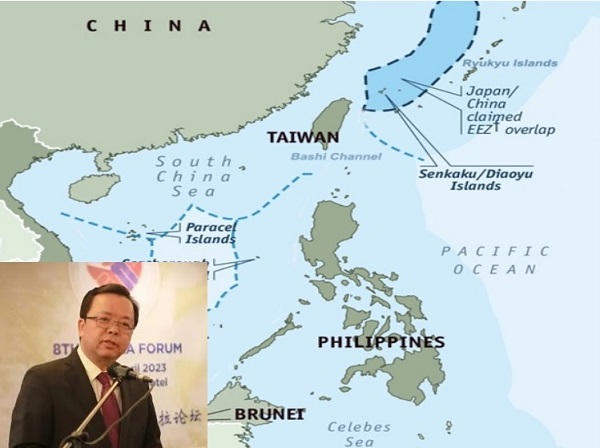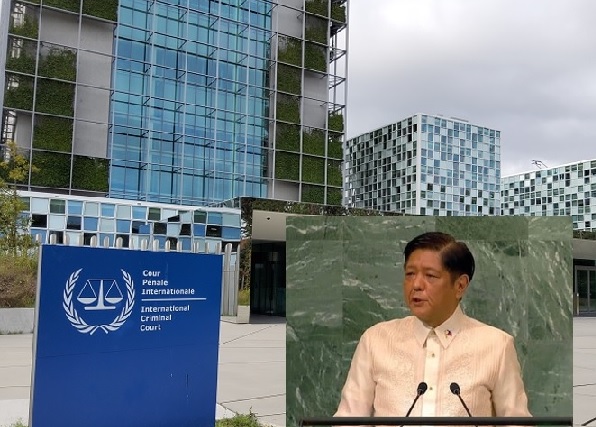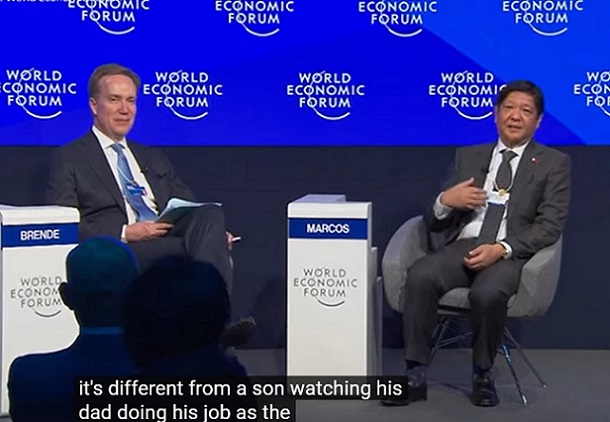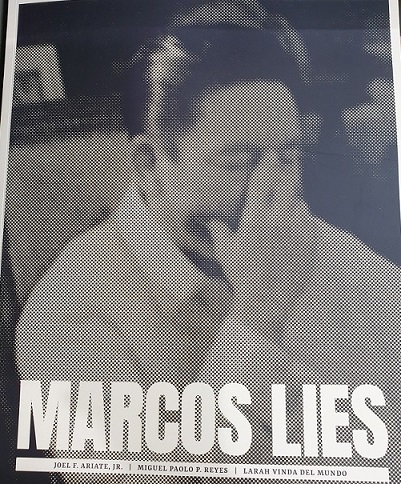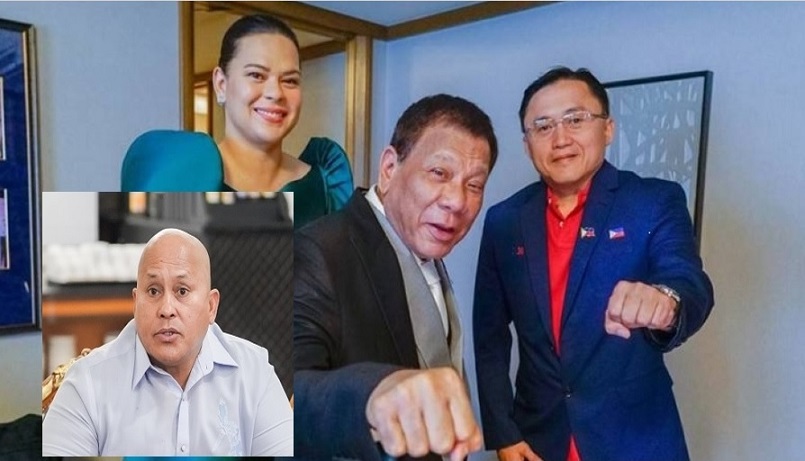
The looming issuance of arrest warrants by the International Criminal Court (ICC) for former president Rodrigo Duterte and his accomplices in his deadly war on drugs is expected to impact tremendously in the 2025 midterm and the 2028 presidential elections.
Former senator Antonio Trillanes IV, who was the first to bring Duterte’s crimes to the ICC way back in 2017, said the warrants of arrest could be served later this month or early July.
He said, according to his sources privy to the workings of the ICC, the serving of the arrest warrants will be done by batch. The former president will be the first one to be served.
The second batch would most likely include Vice President Sara Duterte and Sens. Ronald “Bato” Dela Rosa and Christopher Lawrence “Bong” Go.
The third batch would likely be the police officials who led in the implementation of Duterte’s war on drugs that claimed the lives of some 30,000. (Government figures put those who were killed during police operations at 6,000.)
There were rumors last year about a possible cooperation of former PNP chief Oscar Albayalde with the ICC, but it turned out to be false.
Duterte and those involved in the war on drugs are subject of an investigation for crimes against humanity in the Philippines covering the period from Nov. 1, 2011 (when he was Davao City mayor) to March 16, 2019 (when the Philippines withdrew from the ICC).
Trillanes said the ICC investigators have completed their collection of evidence and are now set to issue warrants of arrest to ensure the participation of the accused in the trial.
Duterte has said several times that he will not submit to the ICC’s jurisdiction, ignorantly describing the international court as composed of “white people.”
His strategy for evading the inevitable serving of an arrest warrant has become pathetic, even laughable. In the beginning, he tried to be useful to President Ferdinand Marcos Jr., with his loyalists Bong Go and Sen. Alan Cayetano suggesting that he be appointed special envoy to China, given his closeness to Chinese President Xi Jinping.
When that didn’t work, he resorted to putting pressure on Marcos using the objectionable Charter change issue. The public knows better. Charter change is a legitimate issue but Duterte, having advocated that previously, is not a credible rallying figure. This is best shown by the dwindling attendance in his rallies. Also, the prospect of having Sara Duterte — with her unexplained P125 million confidential fund and dismal performance as Education secretary — as president if Marcos is toppled before 2028 scares concerned citizens.
Dela Rosa is doing his own thing with his senseless investigation of the leak by the Philippine Drug Enforcement Agency of the president’s alleged drug use as exposed by Duterte.
In what is seen by many as a distraction to Duterte’s accountability in the bloody drug war, his son, Paolo, who is Davao City representative, has filed a resolution seeking a congressional investigation into the alleged extrajudicial killings in the country for the last 25 years.
Marcos has, so far, dangled the ICC sword, effectively confusing not only Duterte and his allies but also the public. The question on everybody’s mind: Will Marcos allow the arrest of Duterte and his accomplices by the ICC?
Trillanes said that scenario might not happen because he believes Duterte will flee to China for sanctuary. Remember, in August last year Duterte met with Xi in Beijing when he thought a warrant of arrest would be issued with the decision of the ICC to reject the Philippine government’s appeal to stop the investigation.
How about Sara? And Dela Rosa and Go, who are due for reelection in the 2025 elections?
Will the arrest, if it happens, gain them sympathy or lead to their political oblivion?
Abangan.
